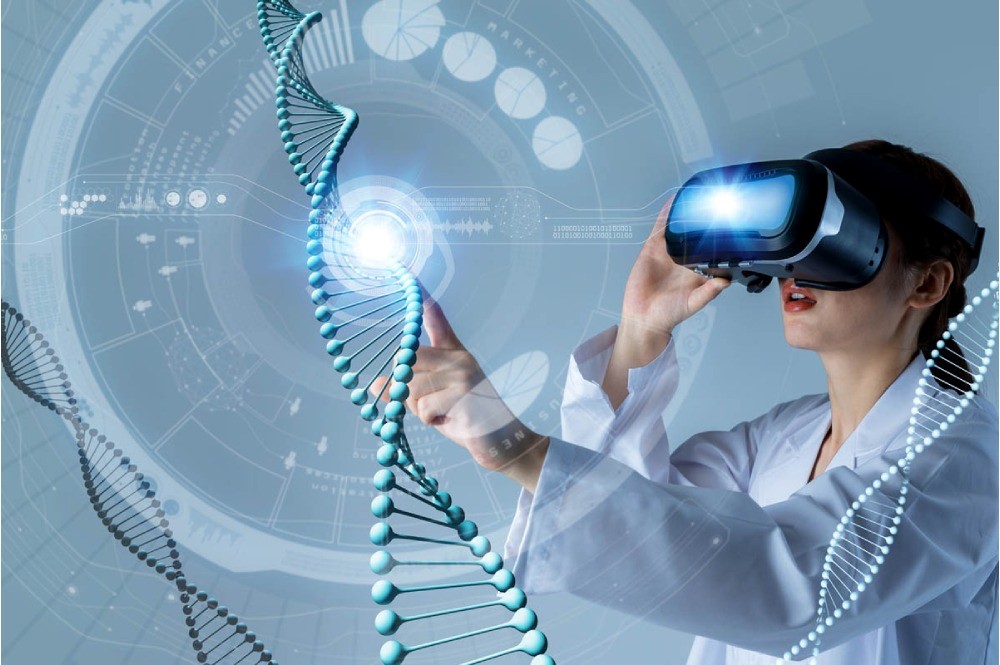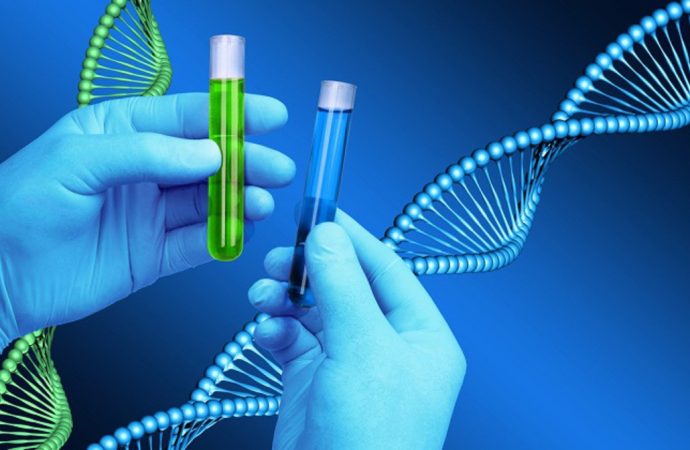The field of genetic testing has made remarkable strides over the past few decades, transforming from a niche area of research into a mainstream tool with applications in medicine, ancestry tracing, and even personal wellness. As we look to the future, the landscape of genetic testing is poised for further revolutionary changes, driven by cutting-edge
The field of genetic testing has made remarkable strides over the past few decades, transforming from a niche area of research into a mainstream tool with applications in medicine, ancestry tracing, and even personal wellness. As we look to the future, the landscape of genetic testing is poised for further revolutionary changes, driven by cutting-edge innovations and accompanied by complex ethical considerations. This article explores the latest advancements in genetic testing and delves into the ethical dilemmas that come with these technological leaps.
Genetic Testing Innovations
Next-Generation Sequencing (NGS)
One of the most significant advancements in genetic testing is Next-Generation Sequencing (NGS). This technology allows for the rapid sequencing of entire genomes or targeted regions of DNA, providing a comprehensive overview of genetic information. NGS has drastically reduced the cost and time required for genetic testing, making it accessible to more people. Its applications range from diagnosing rare genetic disorders to identifying mutations associated with cancer, enabling personalized treatment plans.
CRISPR and Gene Editing
CRISPR (Clustered Regularly Interspaced Short Palindromic Repeats) technology has revolutionized the field of genetics by allowing precise editing of the DNA sequence. While CRISPR is more commonly associated with gene therapy, its implications for genetic testing are profound. It can be used to identify and correct genetic mutations at an unprecedented level of accuracy. This opens up possibilities for preemptive treatments and interventions, potentially eliminating certain genetic disorders before they manifest.
Liquid Biopsies
Traditional biopsies often require invasive procedures to obtain tissue samples for genetic testing. Liquid biopsies, on the other hand, use a simple blood draw to detect genetic mutations and alterations. This non-invasive approach is particularly beneficial for cancer patients, allowing for continuous monitoring of the disease and adjustments in treatment without the need for repeated surgical procedures. Liquid biopsies are also being explored for early detection of various diseases, including Alzheimer’s and cardiovascular conditions.
Artificial Intelligence (AI) and Machine Learning
Artificial Intelligence and Machine Learning are playing increasingly significant roles in genetic testing. These technologies can analyze vast amounts of genetic data to identify patterns and correlations that might be missed by human researchers. AI algorithms are being developed to predict the likelihood of developing certain diseases based on genetic information, lifestyle factors, and environmental influences. This predictive capability can lead to earlier interventions and more personalized healthcare plans.
Direct-to-Consumer Genetic Testing
The rise of direct-to-consumer (DTC) genetic testing has democratized access to genetic information. Companies like 23andMe and AncestryDNA offer kits that allow individuals to learn about their genetic makeup from the comfort of their homes. These tests provide insights into ancestry, traits, and even potential health risks. While DTC genetic testing has made genetic information more accessible, it also raises questions about the accuracy and interpretation of the results.

Picture by: Yandex.com
Ethical Considerations
Privacy and Data Security
One of the most pressing ethical issues in genetic testing is the privacy and security of genetic data. Genetic information is incredibly personal and sensitive. There is a risk that this data could be misused by third parties, such as insurance companies or employers, leading to discrimination. Ensuring robust data protection measures and clear regulations is essential to safeguard individuals’ genetic privacy.
Informed Consent
Informed consent is a cornerstone of ethical medical practice, and it is particularly crucial in genetic testing. Individuals must fully understand what they are consenting to when they undergo genetic testing, including the potential implications of the results. This includes not only the medical and health-related consequences but also the psychological and social impacts. Clear communication and education are vital to ensure that individuals can make informed decisions about their genetic information.
Genetic Discrimination
The potential for genetic discrimination is a significant ethical concern. If genetic information is not adequately protected, there is a risk that individuals could face discrimination based on their genetic predisposition to certain diseases. This could affect their access to insurance, employment, and even social services. Legislation, such as the Genetic Information Nondiscrimination Act (GINA) in the United States, aims to prevent such discrimination, but ongoing vigilance is required to ensure these protections are effective.
Psychological Impact
The psychological impact of genetic testing cannot be underestimated. Learning about one’s genetic predisposition to certain diseases can cause anxiety and stress. It can also affect family dynamics, as genetic information often has implications for relatives. Genetic counseling is essential to help individuals understand and cope with the emotional and psychological aspects of their genetic information.
Access and Equity
While genetic testing has become more accessible, there are still disparities in access to these technologies. Socioeconomic factors, geographic location, and healthcare infrastructure can all affect an individual’s ability to access genetic testing. Ensuring equitable access to genetic testing and related healthcare services is crucial to prevent widening health disparities.
Ethical Use of CRISPR
The use of CRISPR and other gene-editing technologies raises profound ethical questions. While the potential to eliminate genetic disorders is promising, there are concerns about the unintended consequences of gene editing. There is also the potential for “designer babies,” where genetic modifications are made for non-medical reasons, such as enhancing physical or cognitive traits. Establishing clear ethical guidelines and regulatory frameworks is essential to navigate the complex ethical landscape of gene editing.
Conclusion
The future of genetic testing is incredibly promising, with innovations like Next-Generation Sequencing, CRISPR, liquid biopsies, AI, and direct-to-consumer testing leading the way. These advancements have the potential to revolutionize healthcare, offering more personalized and effective treatments, early disease detection, and even the possibility of preventing genetic disorders altogether. However, with these technological leaps come significant ethical considerations. Ensuring privacy and data security, obtaining informed consent, preventing genetic discrimination, addressing the psychological impact, ensuring equitable access, and navigating the ethical use of gene-editing technologies are all critical to the responsible advancement of genetic testing.
As we move forward, it is essential to strike a balance between embracing the potential of genetic testing innovations and addressing the ethical challenges they present. By doing so, we can harness the power of genetic information to improve health outcomes while safeguarding individual rights and societal values.
















